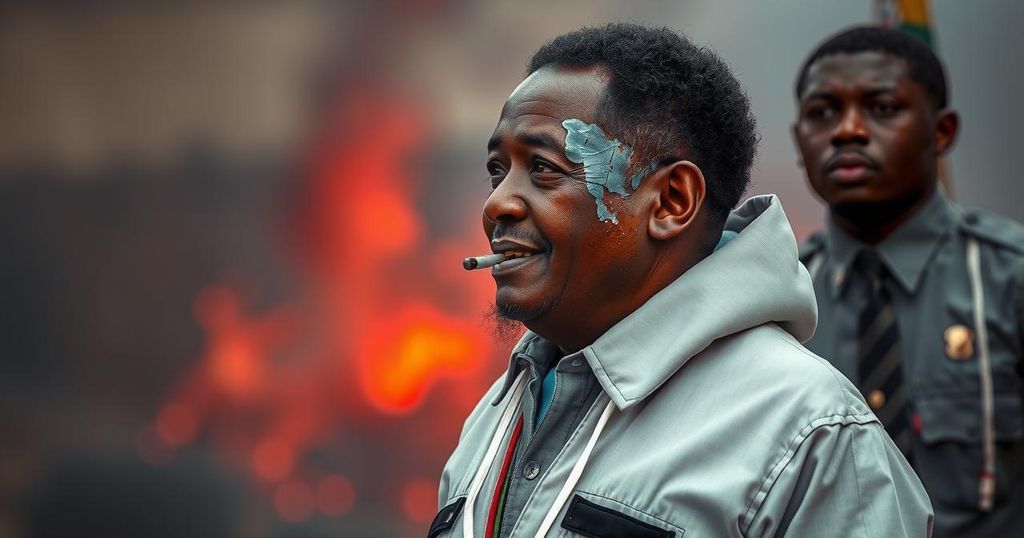Recent civil unrest in Mozambique has led to at least 21 deaths following the confirmation of the ruling Frelimo party’s victory in the presidential elections. Violence has erupted across the country, with significant injuries reported and protests occurring in response to claims of electoral fraud. The opposition leader, Venâncio Mondlane, has called for continued resistance, while the winning candidate, Daniel Chapo, has vowed to engage with all stakeholders.
In Mozambique, violence erupted following the confirmation of the ruling Frelimo party’s victory in the recent presidential elections, resulting in at least 21 fatalities, including two police officers. The unrest began after the country’s highest court validated Frelimo’s win in the October 9 elections, which had already sparked weeks of civil disturbance. Reports indicate that over 236 instances of severe violence have occurred nationwide, with more than 25 individuals injured, including 13 police personnel. The Interior Minister, Pascoal Ronda, reported that armed groups equipped with bladed weapons and firearms have attacked police stations and various infrastructures, prompting the arrest of over 70 suspects.
In the capital city, Maputo, clashes between demonstrators and security forces have intensified. Law enforcement, deploying armored vehicles, has sought to manage protests where groups have engaged in violent acts, including the setting of makeshift roadblocks ablaze. Following the court’s affirmation of Daniel Chapo’s victory, opposition leader Venâncio Mondlane contended the elections were fraudulent, which has further inflamed tensions among party supporters. Essential services such as shops and public transport were largely disrupted, affecting residents as they prepared for the Christmas holiday.
The turmoil has not remained confined to the capital, as reports surfaced of violence spreading to northern provinces, particularly areas known for their opposition support. The pre-election climate had already been marred by allegations of irregularities. Following confirmation of Chapo’s vote share of 65.17%, Mondlane has urged the populace for “electoral truth,” advocating for continued resistance against what he terms electoral fraud. He has further announced intentions to establish a People’s Constitutional Court to validate his claim to the presidency, suggesting he will be inaugurated as such, despite Chapo’s upcoming assumption of office.
In his victory address, Chapo has attempted to adopt a conciliatory approach, expressing intentions to engage with all parties, including his adversaries. The ongoing unrest and broad dissatisfaction indicate a precarious political climate in Mozambique, with the potential for escalation. The situation remains fluid as further developments unfold, with concerns persisting regarding the safety and security of citizens amid the turmoil.
Mozambique has experienced political unrest following its most recent presidential election, which saw the longstanding Frelimo party reaffirmed in power amid claims of electoral fraud. With a history of tension between the ruling party and opposition factions, the political landscape has been fraught with violence and dissent. The situation escalated significantly after the Constitutional Court declared Frelimo’s candidate Daniel Chapo the victor, igniting protests and violent reactions from opposition supporters who assert that the electoral process was manipulated. This unrest has resulted in significant casualties and widespread property damage, highlighting the necessity for political dialogue and resolution.
In conclusion, Mozambique is currently facing severe post-election violence following the confirmation of Frelimo party’s electoral victory. The unrest, marked by numerous fatalities and injuries, as well as widespread vandalism, underscores the deep-rooted political divisions within the nation. As the situation evolves, it will be crucial for leaders from both sides to engage in constructive dialogue to address the grievances of the populace and restore peace in the country.
Original Source: www.lemonde.fr






